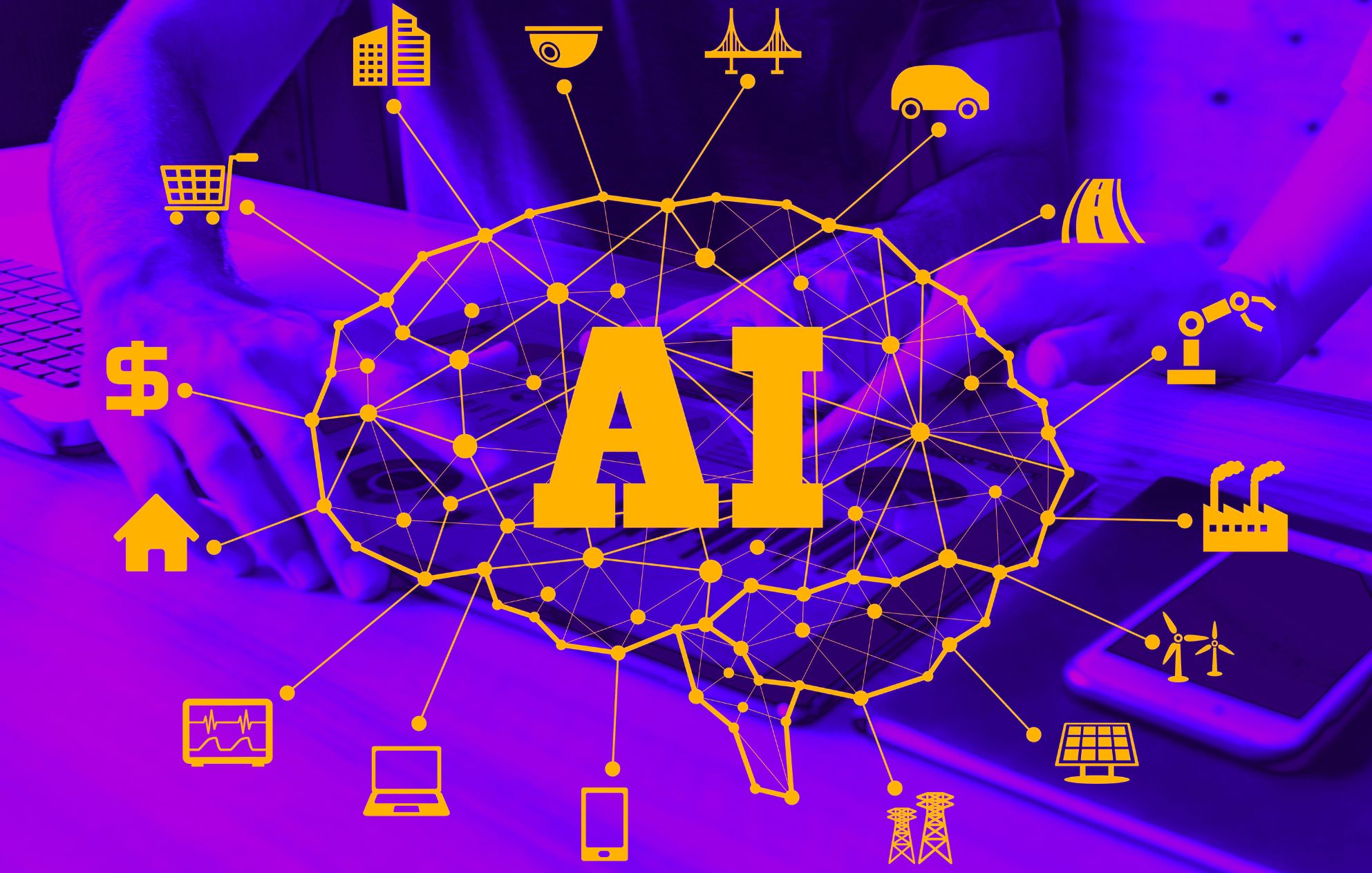The Impact of AI on Elections Part 2: Exploring its Applications in Election Processes

Artificial intelligence (AI) can play a significant role during elections. In May, we looked at the impact of AI on elections and provided tips on identifying misinformation. This month, we will explore the different applications of AI throughout election processes.
- Voter Data Analysis: AI can help analyze large volumes of voter data, including demographics, past voting patterns, and social media activity. This analysis can provide insights into voter behavior and preferences, which can assist political campaigns in tailoring their messages and strategies.
- Predictive Analytics: By analyzing historical election data and combining it with real-time information, AI algorithms can make predictions about election outcomes. This information can be valuable for campaigns to focus their efforts on crucial battleground areas or to adjust their strategies based on the predicted results.
- Targeted Advertising: AI algorithms can help identify potential swing voters or specific demographic groups more likely to be receptive to certain messages. This information can be used to target advertising and communication efforts more effectively, maximizing the impact of campaign resources.
- Sentiment Analysis: AI-powered sentiment analysis can monitor social media platforms and other online sources to gauge public sentiment toward candidates, parties, or specific issues. This information can provide real-time feedback on campaign performance and help campaigns understand public opinion.
- Election Security: AI can assist in ensuring the integrity and security of elections. It can be used for anomaly detection, identifying suspicious activities, and preventing fraud or cyberattacks. AI algorithms can analyze patterns and detect potential irregularities in voter registrations, voting machines, or electronic systems.
- Voter Assistance: Chatbot-based AI systems can provide voter assistance by answering common questions about registration, polling locations, voter ID requirements, and other election-related information. These systems can help improve accessibility and provide timely and accurate information to voters.
While AI can offer valuable insights and assistance during elections, there are also concerns related to privacy, data security, algorithmic bias, and potential misuse. As we approach elections and the rampant increase in AI technologies, ensuring transparent and ethical use of AI technologies in the electoral process is critical, with proper oversight and regulations in place.
